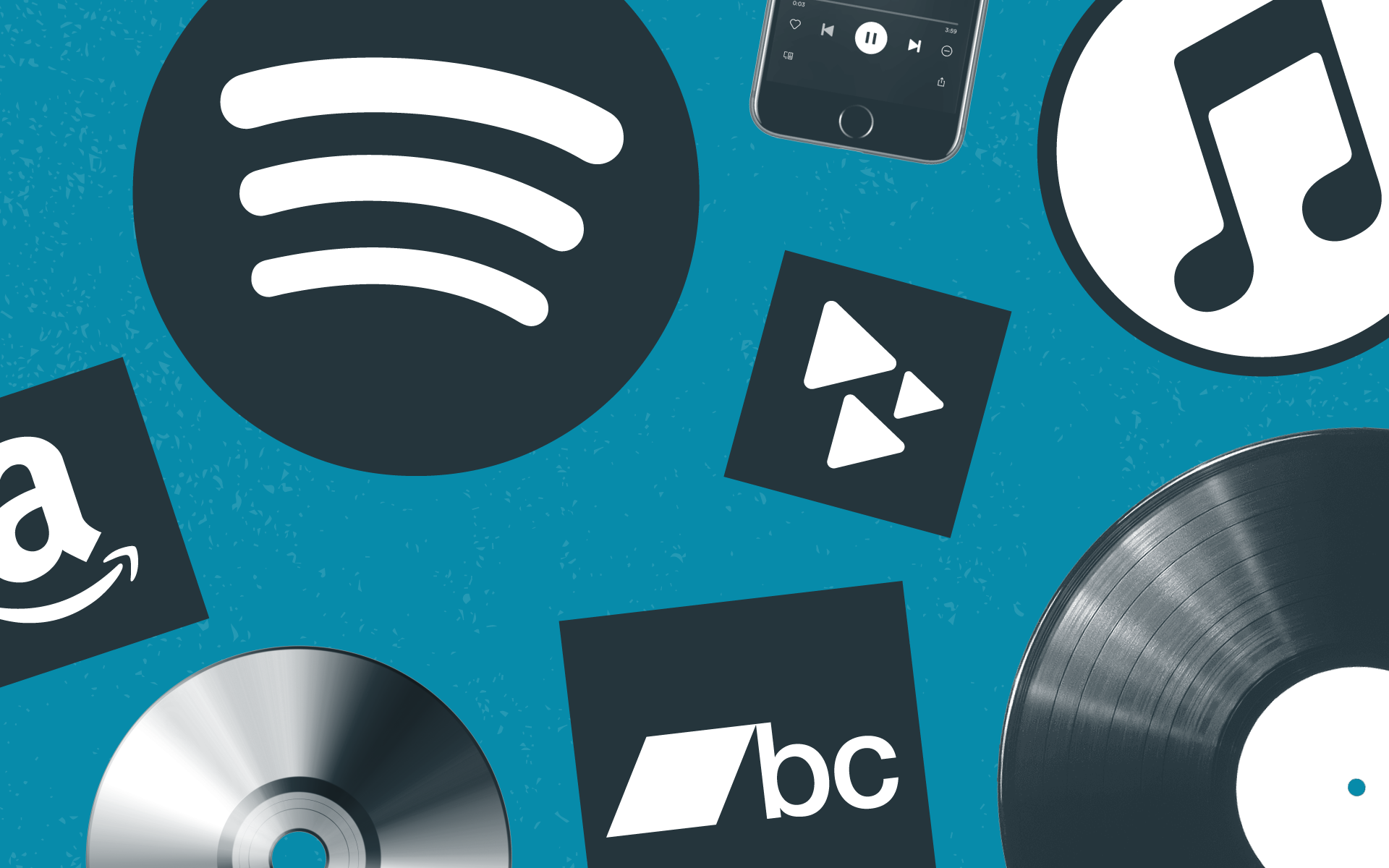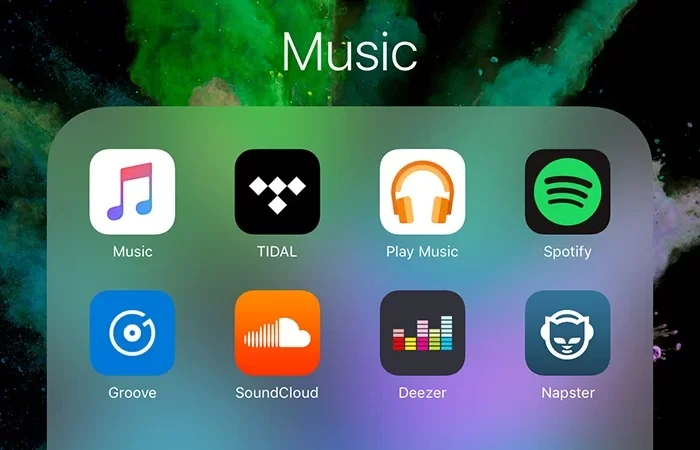A crucial part of the music distribution process involves understanding the mechanics of music distribution, which includes distributing songs via streaming services and record labels. Additionally, it’s essential to know how a music management agency works to maximize the potential success of an artist or band.
With so much information available online, it can seem overwhelming, but don’t worry! This article will provide helpful insights into both topics, from ensuring songs are registered correctly on these platforms to learning more about the services an independent management team offers today.
Digital Distribution Platforms
The mechanics of music distribution have transformed remarkably, leaving behind the era of physical sales and shifting toward digital platforms. Digital Distribution Platforms (DDPs) are now vital for artists seeking a global audience by seamlessly delivering content across various streaming services and online stores. As an artist or music professional navigating this new landscape, it’s crucial to understand how these digital platforms operate and determine which best suits your needs.
Digital Distribution Platforms (DDPs) offer many distinct features that can impact the success of an album’s release. These features include ease of use, royalty allocation systems, promotional tools, and metadata management capabilities. This selection of features can attract listeners worldwide while efficiently generating revenue streams back to rights owners through a complex system of payouts based on factors such as song consumption analytics.
It is important to understand key elements about major players within independent and open distribution categories to stay ahead in today’s market and make informed decisions about which partners are best for optimizing success potentials from release through long-term results.
Physical Music Sales and Delivery
As physical music sales decline with the rise of digital platforms, it’s essential for artists and record labels to adapt their distribution strategies. Despite this shift in consumer preferences, tangible formats such as vinyl records have experienced a resurgence among collectors and audiophiles. Understanding these trends can help maximize revenue from various available mediums.
Traditionally, selling CDs or other physical media has involved partnering with brick-and-mortar retailers or utilizing online marketplaces like Amazon. To capitalize on the renewed interest in vinyl records, independent stores often host exclusive releases during events such as Record Store Day to attract customers seeking limited editions and unique collectibles. To streamline production costs when creating CDs or pieces of vinyl, using “print-on-demand” services eliminates excess inventory concerns, producing only what end-users ordered without tying up resources in unsold products.
Additional profits can be harnessed through merchandise bundling: offering combinations featuring albums alongside apparel items (e.g., t-shirts) creates new purchasing incentives while rallying fan support. Ultimately, success within today’s dynamic environment relies upon awareness. Understanding your target audience enables tailored solutions that elevate artist visibility across different channels, from traditional outlets still frequented by dedicated listeners to expanding one’s reach via innovative streaming avenues that grant access to countless eager ears worldwide.
Music distribution has evolved from physical recordings to online streaming. GUIÓN PARTNERS provides a unique service for musicians. This is useful for both new and established musicians who need help navigating the complex process related to their music career. They offer management expertise to help with this process and consultation on how to protect copyright and explore profitable opportunities within digital markets.





